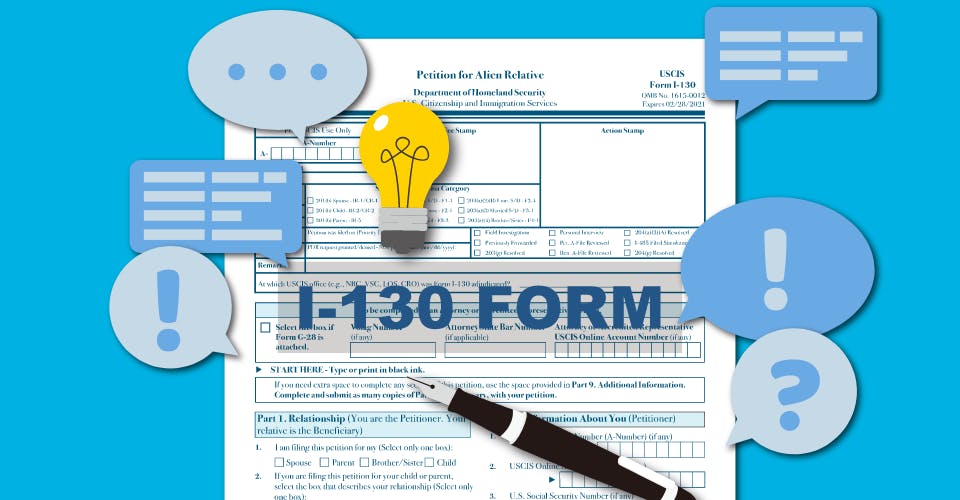The policy specifically allows young immigrants who came to the U.S. illegally as children to apply for a renewable two-year special visa. The visa is a lifeline because it allows DACA recipients an opportunity to work in the U.S., open a checking/bank account, and also apply for a driver's license. These opportunities would not be possible if immigrants were simply detained, and in addition, the DACA program contributes significantly to the U.S. economy in multiple job sectors. Losing the DACA program would be the equivalent of losing millions in economic output per year.
Here are the eligibility requirements for becoming a DACA recipient:
- Those who have been in the U.S. since 2007 and came before they turned 16 years old
- Those who are under the age of 31 years old before June 15, 2012, the date when DACA took effect
- Applicants must be in school, or have already received their high school diploma in the U.S., or are a military veteran.
- Applicants must also hold a mostly clean criminal record. Parking violations or small scale traffic incidents do not count towards one's record.
With this being said, becoming a DACA recipient does one extremely critical thing for immigrants who have felt marginalized in the United States—it buys them time. Time is incredibly valuable when it comes to filing for legal permanent status in the United States, as the USCIS procedures and applications are lengthy and require strategic thinking and much guidance to know how to file appropriately. Basically, it will take a few weeks to a few months at least to complete any significant application, such as the I-130 or I-485, and this is one main advantage to being granted such a visa.
As such, DACA recipients, although not guaranteed citizenship or LPR status when granted their visa, can spend their visa period working toward these submissions. Here are some of the criteria that are needed in both the case of having an approved I-130 and being able to adjust one's status:
- DACA recipients may be eligible to seek LPR status based on the same criteria used by other visa holders with close U.S. relatives (children, brother/sister)
- Having your I-130 Form approved is already a prerequisite for filing your I-485 Adjustment of Status application and working toward a green card
- Consular processing might be the only option based on some immigrants' situation. In this case, the consular processing route is the same once abroad.
- Marriage based I-130 Petitions are common and help expedite the filing process
Overall, as receiving a green card helps immigrants obtain lawful permanent residence in the United States, DACA helps immigrants get on the right track so that they have the capability to adjust their status one day. For DACA recipients, background checks, criminal history reports, residential history, and tax filings are all needed in the quest for lawful permanent residence, in much the same way an H1-B visa holder or other visa holders would be looking to adjust their status when the time is right. For DACA recipients, the first critical step however is simply getting one's I-130 Form Approved and having the right petitioner at the right time. This will allow eligibility for other critical USCIS forms and applications.














